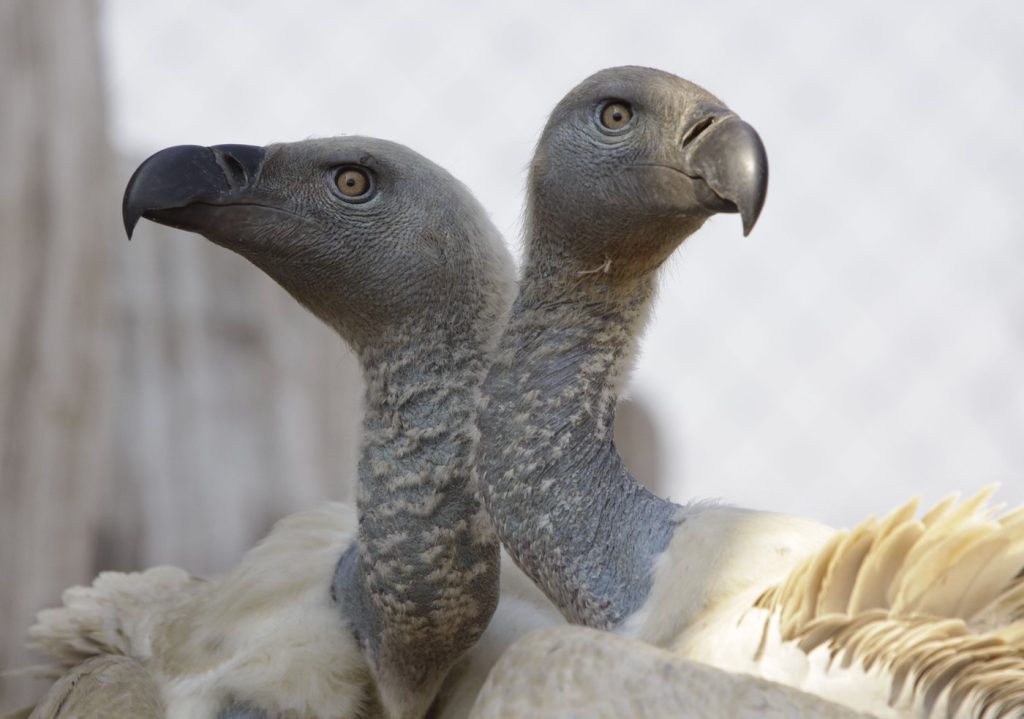CAPE TOWN, South Africa (AP) – A devastating incident in South Africa's flagship Kruger National Park has resulted in the deaths of at least 123 vultures after they consumed the carcass of an elephant that had been poisoned by poachers. According to the park authorities and the Endangered Wildlife Trust, the elephant was targeted for its body parts, which are sought after in the illegal wildlife trade. The use of agricultural pesticides to poison the elephant has raised concerns about the escalating threat to wildlife in the region.
In addition to the vultures that tragically lost their lives, another 83 vultures were rescued from the site. These birds were transported for treatment using a helicopter and a specialized vulture ambulance, and they are currently recovering from the effects of the poisoning. This mass poisoning incident is considered one of the worst to occur in Kruger National Park, which spans approximately 20,000 square kilometers (7,722 square miles) and is nearly double the size of small nations such as Jamaica and Qatar.
The South African National Parks (SANParks) agency highlighted the critical role vultures play in maintaining healthy ecosystems by consuming the carcasses of dead animals. However, vultures are particularly vulnerable to poisoning, whether intentionally from poaching or inadvertently through the ingestion of toxins from carcasses of other animals. Hundreds of vultures often gather to feed on a single carcass, making them susceptible to mass poisoning events such as this one.
The elephant that was poisoned was located in a remote area of Kruger National Park. Poachers are increasingly using agricultural toxins in their operations to target high-value species, leading to a broader crisis in southern Africa regarding wildlife conservation. Many vulture species are already endangered in Africa due to threats such as poisoning, habitat loss, and other dangers inflicted by human activities. The species affected in this incident include Cape vultures, endangered lappet-faced vultures, and critically endangered white-backed and hooded vultures.
Vulture conservation organization Vulpro, which was not involved in the rescue efforts, noted that this poisoning occurred at the onset of the breeding season. This timing could have further implications, as many vultures that were not found at the poisoning site could still be impacted by the incident. The dire situation underscores the ongoing challenges park rangers face daily in protecting iconic species such as rhinos, elephants, and lions from poachers.
The statement from SANParks and the Endangered Wildlife Trust emphasizes the urgent need for action against the rising use of poisons in wildlife poaching and the protection of endangered species. The tragic loss of these vultures is a stark reminder of the complex challenges facing wildlife conservation in Africa today.










